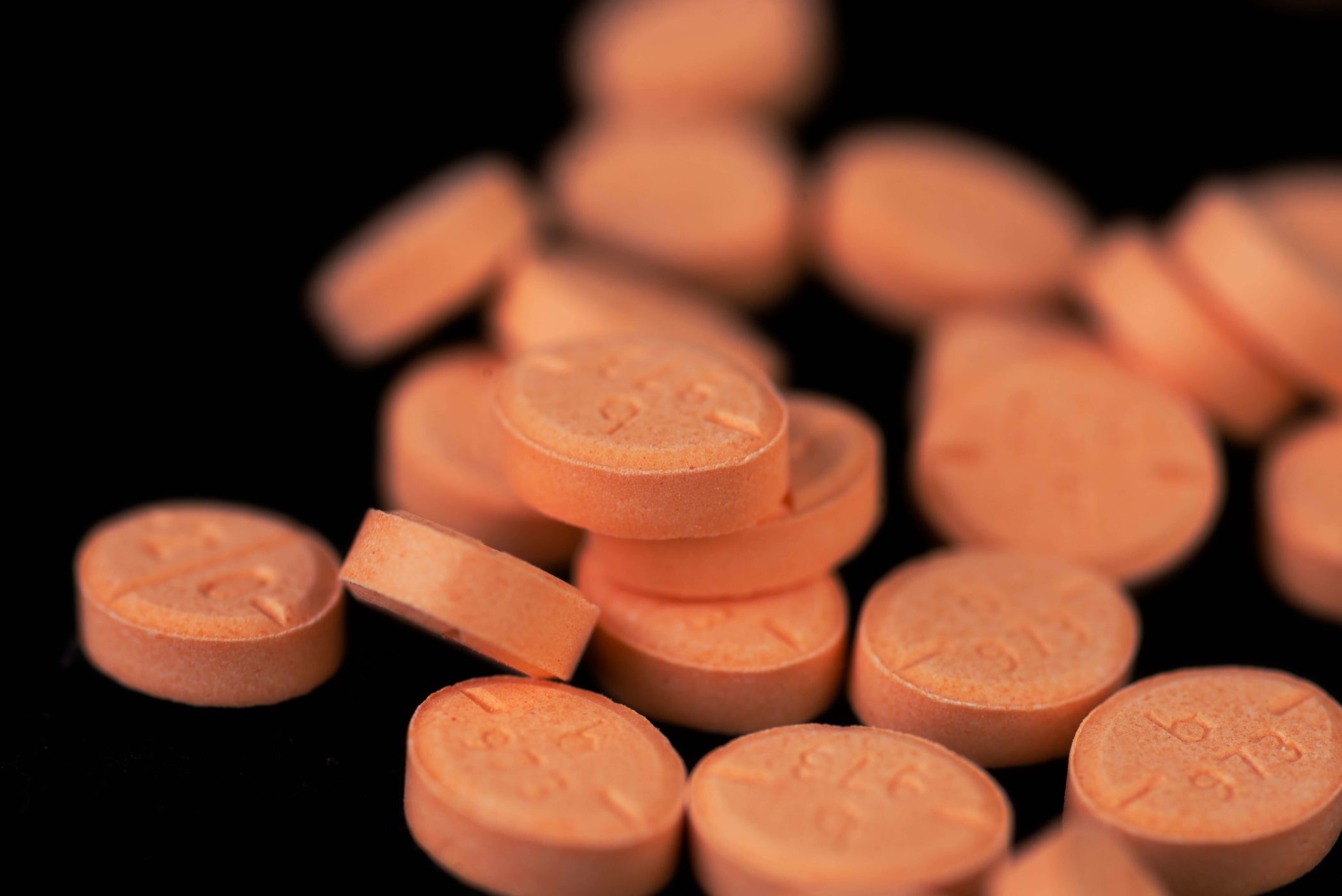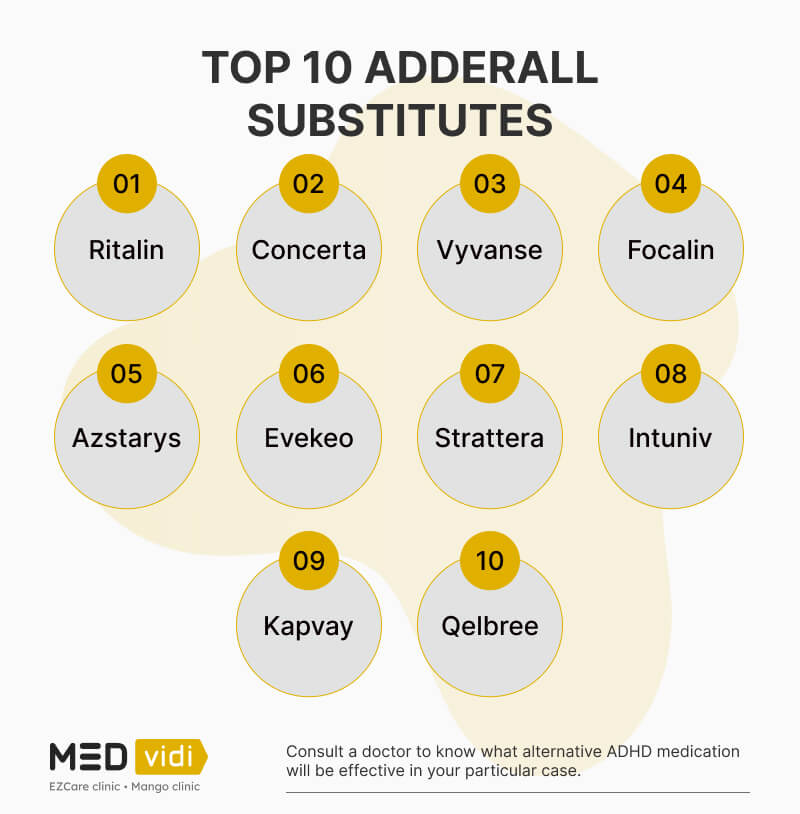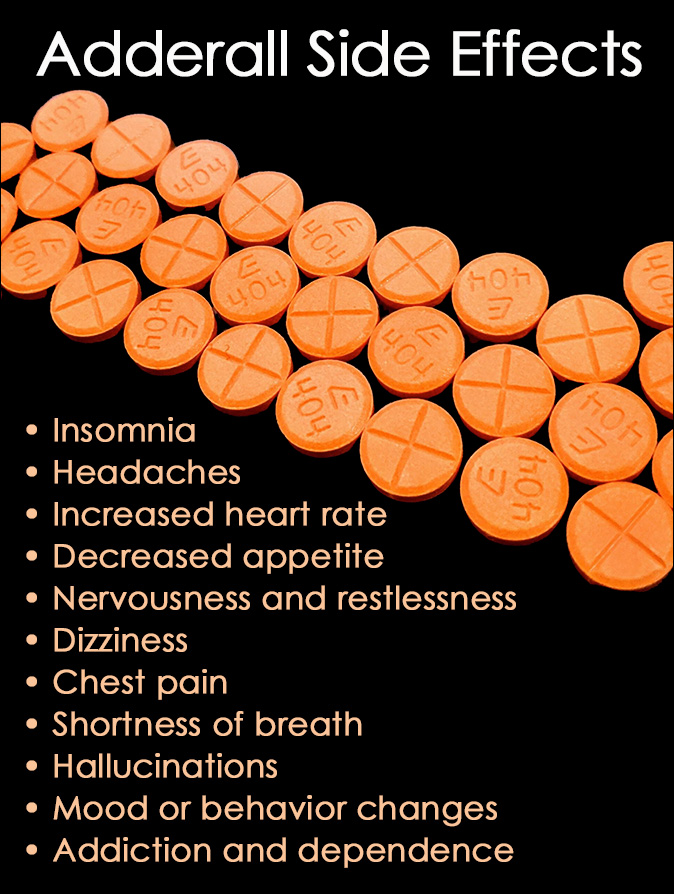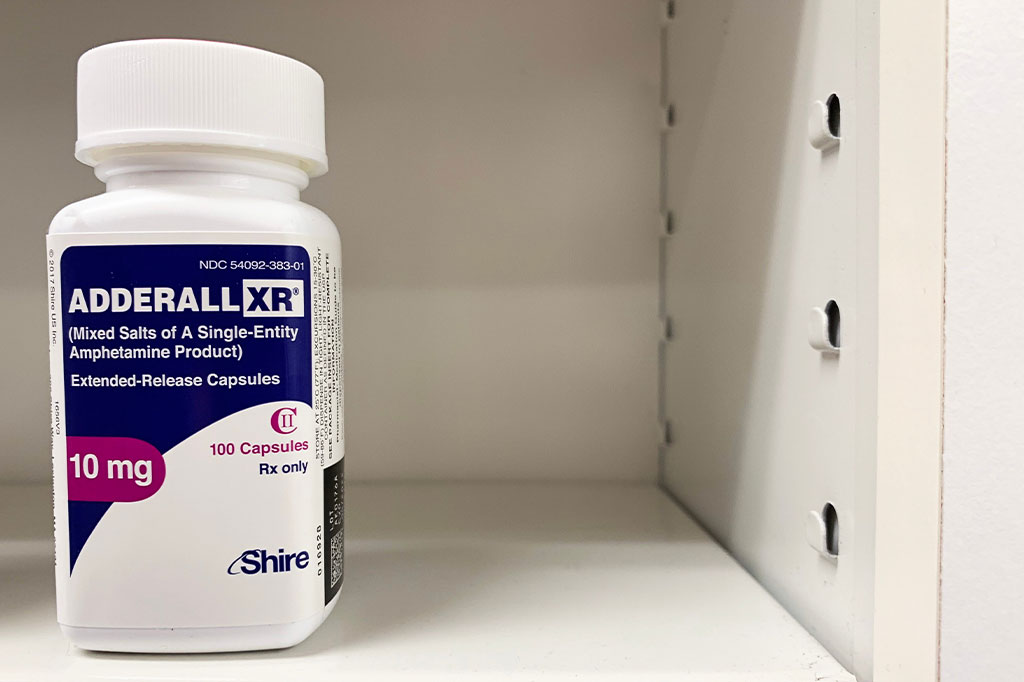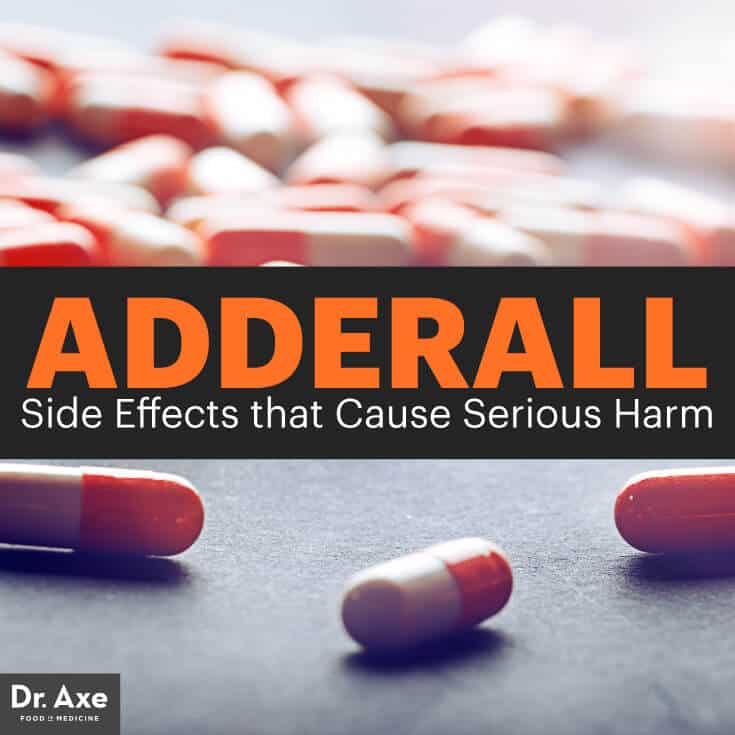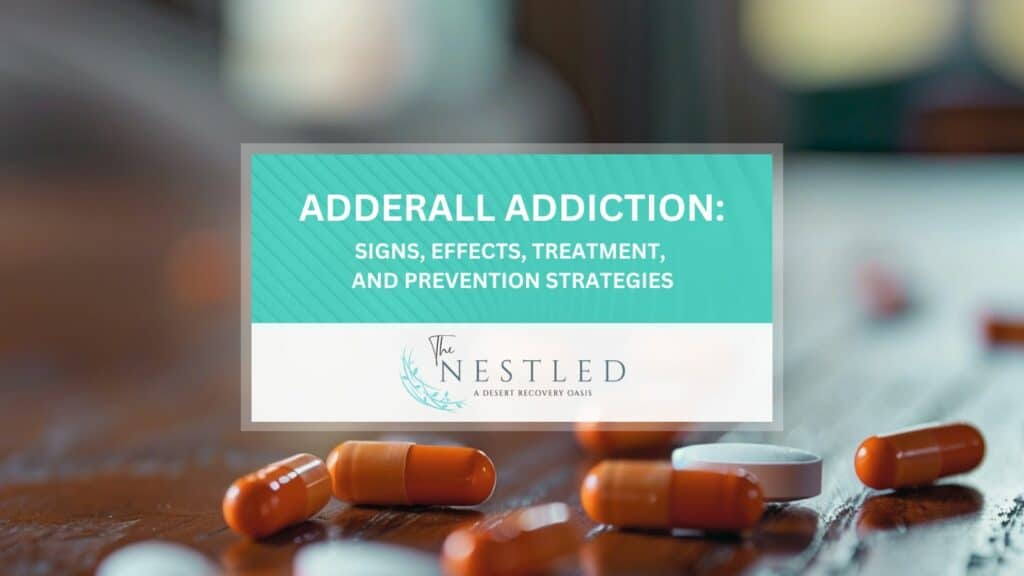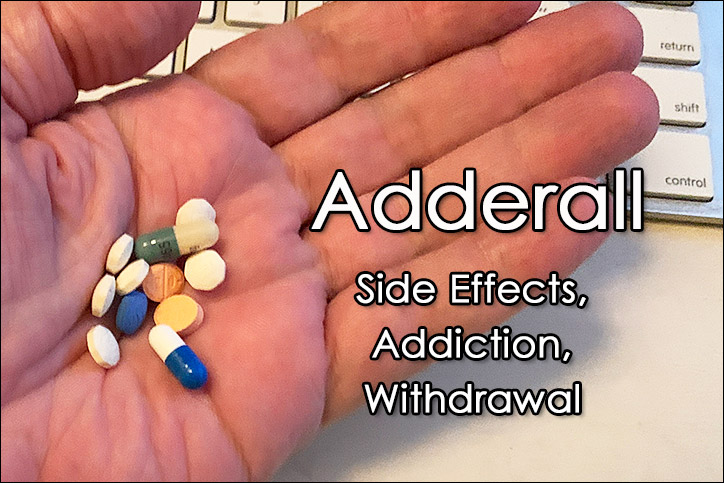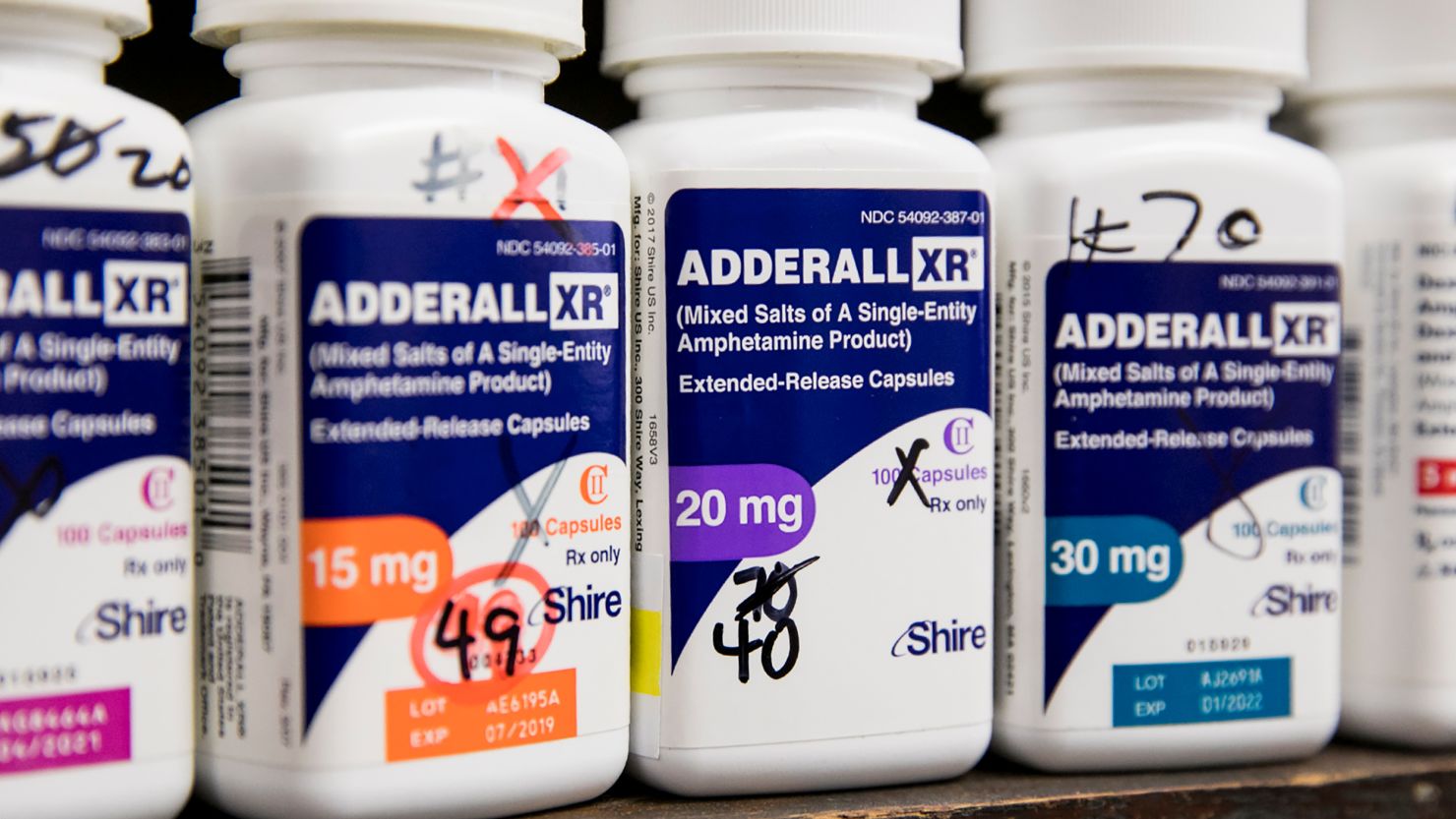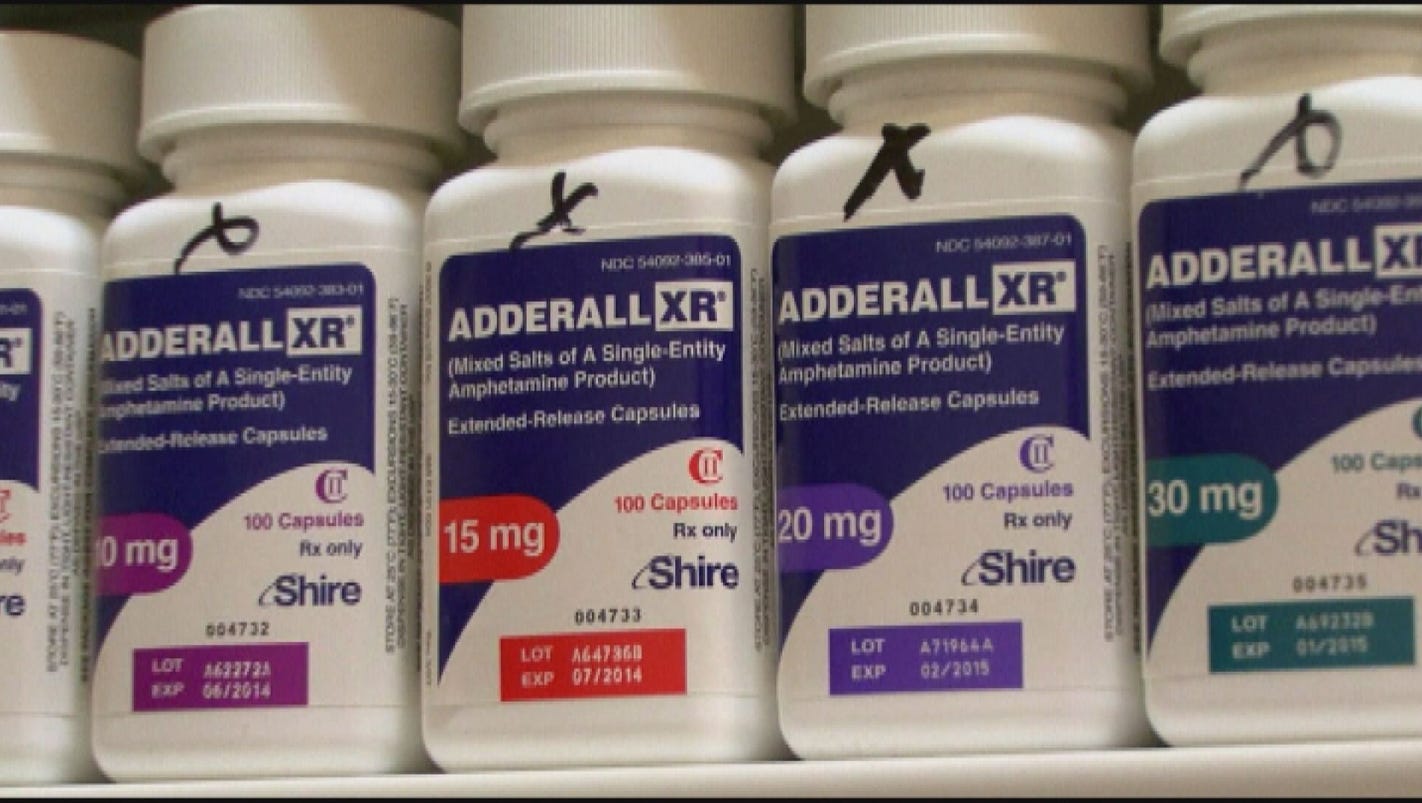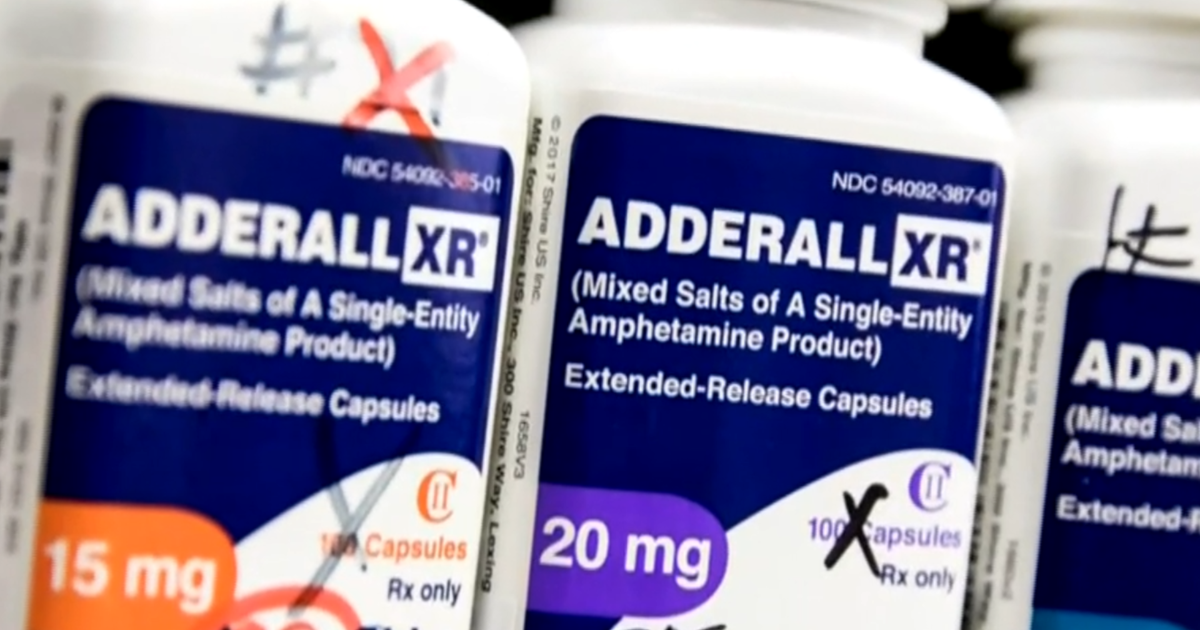Best Over The Counter Adderall Alternatives

The pursuit of enhanced focus and cognitive function is a widespread ambition, particularly in demanding academic and professional environments. For many, the prescription stimulant Adderall has become synonymous with improved concentration and productivity. However, concerns surrounding its side effects, accessibility, and potential for dependence have fueled a growing interest in over-the-counter (OTC) alternatives.
This article delves into the realm of OTC Adderall alternatives, examining the science behind these substances and providing a balanced perspective on their potential benefits and limitations. We aim to equip readers with the knowledge necessary to make informed decisions about cognitive enhancement, emphasizing the importance of consulting healthcare professionals before introducing any new supplements or routines.
Understanding the Appeal of OTC Alternatives
The desire for OTC Adderall alternatives stems from a complex interplay of factors. Accessibility is a primary driver; obtaining an Adderall prescription requires a medical evaluation and diagnosis, which can be time-consuming and challenging for some. Concerns about the side effects of prescription stimulants, such as insomnia, anxiety, and appetite suppression, also contribute to the search for gentler, natural alternatives.
Finally, the perceived stigma associated with using prescription medication for cognitive enhancement can deter individuals from seeking professional help. This creates a market for OTC options that promise similar benefits without the perceived drawbacks.
Key Ingredients in OTC Adderall Alternatives
Many OTC Adderall alternatives rely on a combination of natural ingredients purported to enhance cognitive function. These ingredients often target various aspects of brain health, including neurotransmitter production, blood flow, and antioxidant protection.
Caffeine and L-Theanine
Caffeine, a well-known stimulant, increases alertness and reduces fatigue by blocking adenosine receptors in the brain. L-Theanine, an amino acid found in tea, promotes relaxation without drowsiness and is often combined with caffeine to mitigate its potential side effects, such as anxiety and jitters. Studies suggest this combination can improve focus and cognitive performance.
Bacopa Monnieri
Bacopa monnieri is an herb traditionally used in Ayurvedic medicine to enhance memory and cognitive function. Research suggests it may improve memory recall and reduce anxiety. However, the effects of Bacopa monnieri are typically gradual and require consistent use over several weeks or months to become noticeable.
Ginkgo Biloba
Ginkgo biloba is a popular herbal supplement believed to improve blood flow to the brain and enhance cognitive function. Some studies suggest it may improve memory and attention, particularly in older adults. However, the evidence remains mixed, and further research is needed to confirm its efficacy in younger, healthy individuals.
Phosphatidylserine
Phosphatidylserine (PS) is a phospholipid that is a key component of cell membranes, particularly in the brain. It plays a crucial role in cell signaling and neurotransmitter release. Some research indicates that PS supplementation may improve cognitive function, memory, and attention, especially in age-related cognitive decline.
Rhodiola Rosea
Rhodiola rosea is an adaptogenic herb that may help the body cope with stress and improve mental performance. It has been shown to reduce fatigue, improve concentration, and enhance mood. Rhodiola rosea is often used by individuals seeking to manage stress-related cognitive impairment.
Scientific Evidence and Efficacy
While many OTC Adderall alternatives boast impressive claims, the scientific evidence supporting their efficacy is often limited and inconsistent. Many studies are small, poorly designed, or lack rigorous controls, making it difficult to draw definitive conclusions.
Furthermore, the effects of these supplements can vary significantly from person to person, depending on factors such as age, genetics, and overall health. It's crucial to approach claims with a healthy dose of skepticism and to consult with a healthcare professional before starting any new supplement regimen.
It's important to acknowledge that these alternatives may not provide the same level of cognitive enhancement as prescription Adderall. Adderall works by increasing the levels of dopamine and norepinephrine in the brain, which are neurotransmitters that play a key role in attention and focus.
While some OTC ingredients may have similar effects on neurotransmitter levels, they are typically much milder and less potent. Individuals seeking a significant boost in cognitive function may find these alternatives to be insufficient.
Potential Risks and Side Effects
Although OTC Adderall alternatives are generally considered to be safe, they are not without potential risks and side effects. Some ingredients, such as caffeine, can cause anxiety, insomnia, and digestive upset.
Other ingredients, like Ginkgo biloba, can interact with certain medications, such as blood thinners, increasing the risk of bleeding. It's essential to carefully read product labels and to be aware of potential interactions before taking any new supplement.
Furthermore, the supplement industry is not as strictly regulated as the pharmaceutical industry, which means that the quality and purity of OTC products can vary widely. Consumers should choose reputable brands that conduct third-party testing to ensure the safety and efficacy of their products. The FDA does not evaluate supplements for safety and effectiveness before they are marketed.
Ethical Considerations
The use of cognitive enhancers, whether prescription or OTC, raises ethical questions about fairness and equity. Some argue that using such substances gives individuals an unfair advantage in academic and professional settings.
Others contend that individuals have the right to enhance their cognitive abilities as long as it does not harm others. The debate over cognitive enhancement is ongoing and complex, with no easy answers. It is important to consider ethical implication of cognitive enhancement.
A Holistic Approach to Cognitive Enhancement
Rather than relying solely on OTC Adderall alternatives, a more holistic approach to cognitive enhancement may be more effective and sustainable. This approach involves optimizing various lifestyle factors that contribute to brain health and cognitive function.
Regular exercise, a healthy diet, sufficient sleep, and stress management techniques can all have a significant impact on cognitive performance. Engaging in mentally stimulating activities, such as reading, puzzles, and learning new skills, can also help to improve cognitive function.
The Future of OTC Cognitive Enhancement
The market for OTC cognitive enhancers is likely to continue to grow as awareness of these products increases and as more research is conducted on their efficacy. Advances in neuroscience may lead to the development of new and more effective OTC ingredients in the future.
However, it's crucial that these products are rigorously tested and regulated to ensure their safety and efficacy. Consumers should remain vigilant and informed and should always consult with a healthcare professional before using any new supplement or cognitive enhancement strategy.
Ultimately, the quest for enhanced cognitive function is a personal journey. While OTC Adderall alternatives may offer some benefits, they are not a magic bullet. A holistic approach that combines healthy lifestyle habits with evidence-based supplements, under the guidance of a healthcare professional, is the most likely path to achieving sustained cognitive improvement.
